Different genres of sleep music
Although personal preferences vary, many genres and styles of music [2] can help set a relaxing atmosphere, making it easier to drift off.
Here are some of the most popular options:
- Acoustic music: The simplicity and warmth of acoustic sounds can create a calm environment that encourages relaxation and sleep.
- Classical music: Studies suggest that relaxing classical music can help with sleep issues, making it a valuable tool for those who suffer from insomnia.
- Ambient music: These compositions typically feature slow rhythms and minimalist arrangements, ideal for calming the mind.
In addition to these styles, natural sounds [3] like rainfall or ocean waves can be effective as sleep aids for many people. 🌊
What other sounds can help with sleep?
For those who find traditional sleep music less effective, there are various alternative audio options to consider.
White and pink noise generators [4] can create a consistent background sound that masks other noises and encourages relaxation.
Binaural beats involve playing two slightly different frequencies in each ear, creating the perception of a single pulsing tone. While binaural beats have gained popularity as a sleep aid, further research is needed to fully understand their effects.
Guided meditations and bedtime stories also provide soothing audio options that encourage sleep, using calming narratives or relaxation techniques. 📖
The science behind sleep music
Sleep music has become an increasingly popular tool for those looking to improve sleep quality and ease into a restful state [6].
This gentle and relaxing audio approach has shown to significantly impact both the body and mind, making it easier to unwind and slip into a peaceful sleep. 🥱
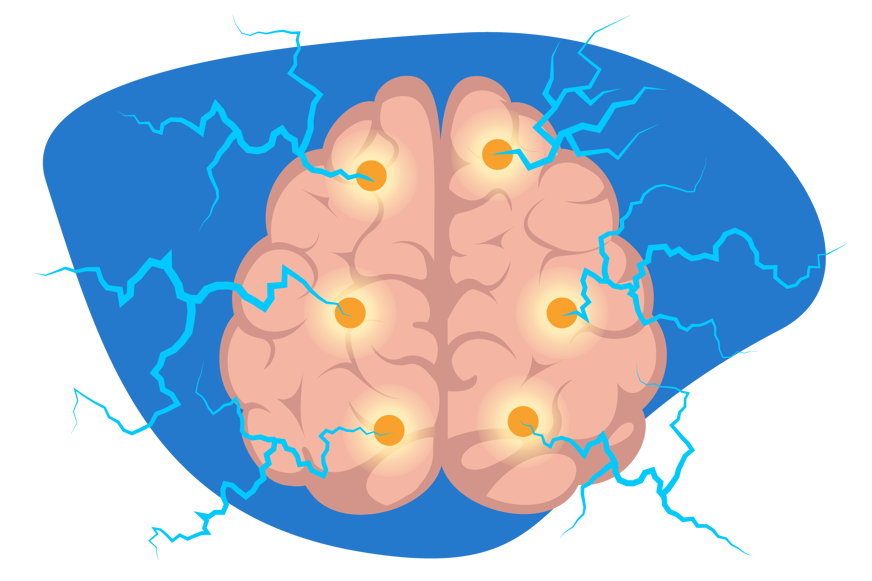
As our understanding of sleep science grows, researchers and sleep experts are discovering more about the mechanisms through which music can influence sleep patterns and overall rest.
How does sleep music affect our sleep?
Sleep music’s effectiveness lies in its ability to impact our bodies and minds through several key mechanisms. 👇
Brain waves
One of the main ways sleep music works is by promoting specific brain wave patterns associated with relaxation and drowsiness.
Certain music rhythms can stimulate the production of alpha and theta brain waves, typically present during deep relaxation and early stages of sleep. 💤
These slower brain waves help quiet the mind [8], easing mental activity and reducing the racing thoughts that often keep people awake.
Hormonal changes
Beyond brain waves, sleep music can trigger important hormonal changes in the body.
Listening to relaxing music has been shown to increase dopamine levels [9], a neurotransmitter involved in sleep regulation and pleasure.
This dopamine release can contribute to a sense of well-being and relaxation, making it easier to fall asleep.
Additionally, calming music can help reduce cortisol levels, often referred to as the stress hormone, while boosting serotonin production.
Serotonin is a precursor to melatonin, the hormone responsible for managing our sleep-wake cycle.
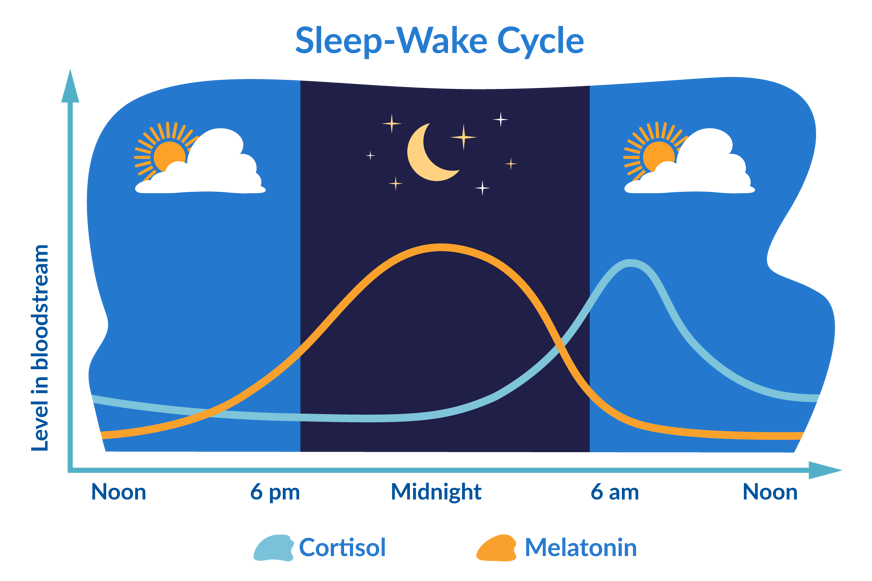
Parasympathetic activation
Another significant way sleep music impacts the body is by activating the parasympathetic nervous system [10].
This part of the autonomic nervous system controls the “rest and digest” response, countering the “fight or flight” effects of the sympathetic system.
By stimulating parasympathetic activity, calming music assists the body in transitioning from alertness to relaxation, preparing it for sleep. 😴
Distraction
Sleep music is also effective for masking disruptive background noises that might otherwise disturb sleep.
In urban environments or homes with multiple occupants, unexpected sounds can wake us or make it difficult to fall asleep. 🏙️
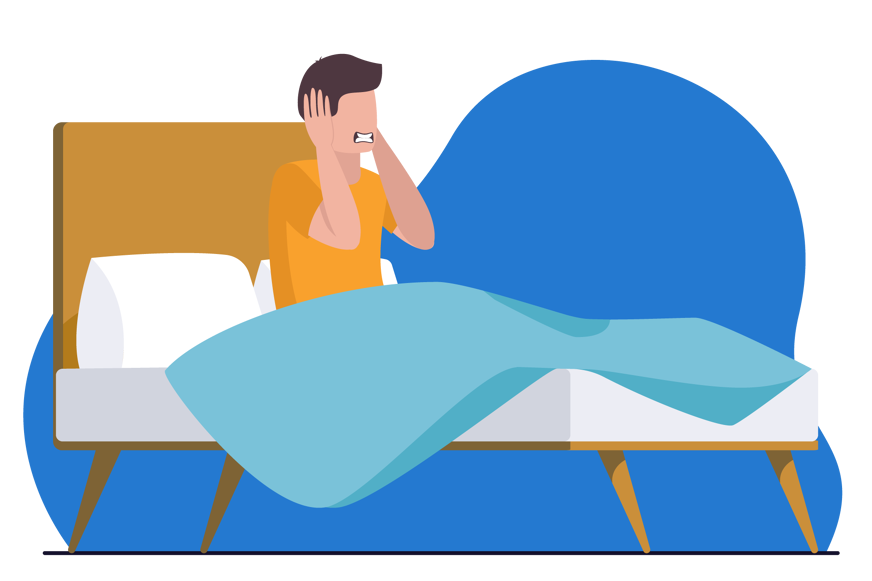
Providing a consistent and relaxing audio background [11], sleep music helps create a stable sound environment that’s conducive to uninterrupted sleep.
Key characteristics of effective sleep music
While personal preferences play a big role in determining the most effective sleep music for each individual, studies have identified certain characteristics [12] that tend to be beneficial for promoting sleep.
⏳ Slow tempos (60 - 80 beats per minute)
Music with a slow tempo, typically between 60 and 80 beats per minute, is particularly effective.
This tempo closely mirrors the resting heart rate, helping to lower the listener’s heart rate through a process called entrainment.
🎻 Soft and gentle melodies
Soft and gentle melodies are generally preferred for sleep music, as loud or harsh sounds can be disruptive.
The music should have minimal pitch or tone variation to avoid sudden changes that might startle the listener.
🥁 Repetitive and predictable rhythms
Repetitive and predictable rhythms create a sense of stability and familiarity, supporting relaxation.
🎶 Lack of lyrics
Many sleep experts recommend instrumental music over tracks with lyrics for sleep purposes.
Lyrics can engage the brain’s language centres, potentially stimulating cognitive activity when the goal is to calm the mind.
Genres like classical, ambient, and new age often incorporate these qualities, but any music you find personally relaxing can potentially aid sleep.
Benefits of sleep music
Adding sleep music to your nighttime routine can offer several benefits [13].
Improved sleep quality
Studies [11]consistently show that listening to music before bed can enhance sleep quality, with participants reporting more restful sleep and feeling more rested upon waking. 🌞
Sleep music has also been found to reduce sleep onset latency (the time it takes to fall asleep once in bed), which can be particularly beneficial for those with insomnia or bedtime racing thoughts.
Stress and anxiety reduction
Beyond its direct effects on sleep, music has been shown to significantly alleviate anxiety [14] and reduce stress levels.
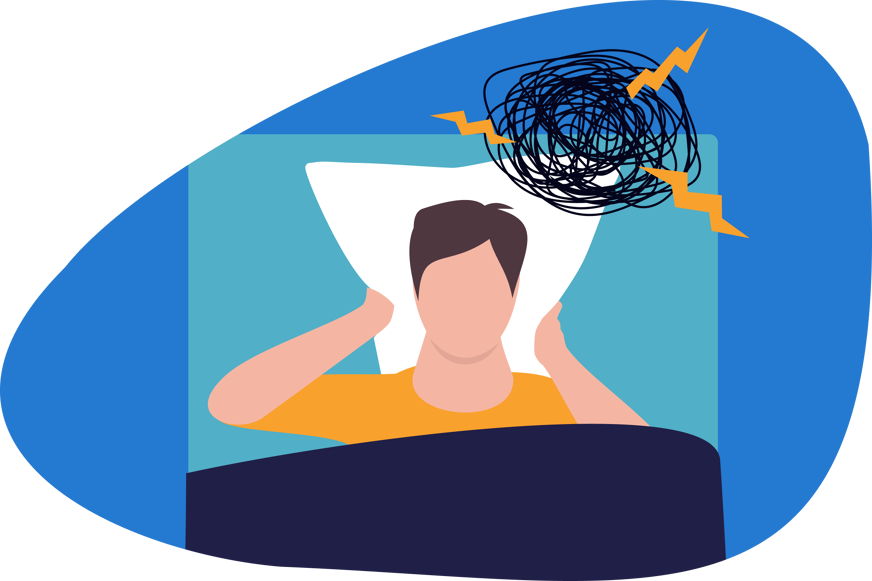
Since stress and anxiety are common causes of sleep difficulties, music’s stress-relieving properties can indirectly improve sleep.
Enhanced sleep environment
Regular use of sleep music can help create a sleep-conducive atmosphere and serve as a signal for your body to start winding down.
Integrating music into your sleep routine
To effectively incorporate sleep music into your nightly routine, consider the following tips:
- Create a playlist of relaxing tracks or select a sleep-focused album.
- Listen for 30 to 45 minutes before your ideal bedtime.
- Keep the volume low to protect your hearing and avoid interruptions.
- Use comfortable headphones if you’re worried about disturbing others.
- Disable autoplay features to ensure the music doesn’t continue all night.
You'll also find great sleep music options on most popular meditation apps.
Final thoughts
Sleep music offers a non-invasive, accessible, and potentially highly effective approach for improving sleep quality. 🛌🏻
However, it’s important to recognise that the effectiveness of sleep music can vary significantly from person to person.
What works well for one individual may not be as effective for another.
It’s essential to experiment with different types of music and sounds to find what works best for you.
Factors like personal music taste, cultural background, and individual sleep issues can influence the type of sleep music that will be most beneficial.







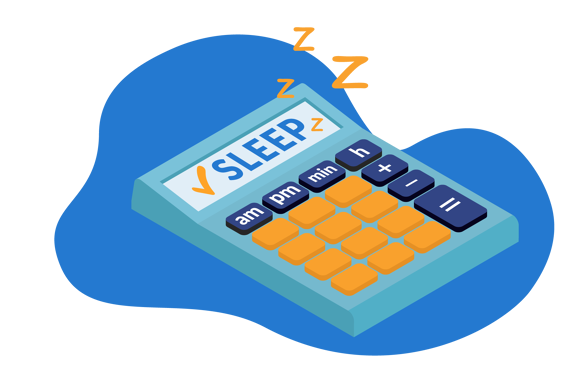
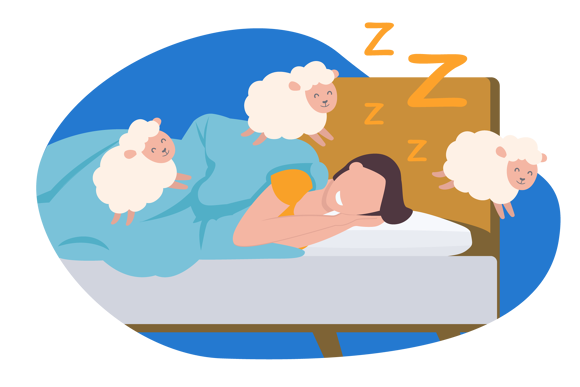
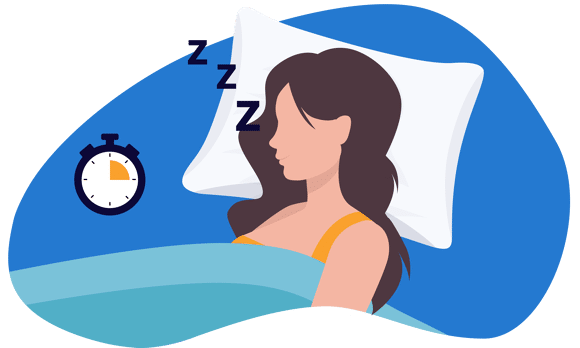


Alternatively, message us directly via the Contact Us page.